Parenting is one of life’s most rewarding challenges, but it can also be a mirror reflecting parts of ourselves we’d rather not see. Our children often bring out the best in us—but they can also trigger unhealed wounds, suppressed emotions, and hidden fears that reside in our shadow.
Carl Jung once said, “The greatest burden a child must bear is the unlived life of its parents.” This quote serves as a powerful reminder of how our unacknowledged shadow can inadvertently influence our children, shaping their development in ways we might not intend.
How the Shadow Affects Parenting
Our shadow consists of the traits, emotions, and experiences we’ve repressed or denied, often because they were deemed unacceptable by society, family, or even ourselves. When these hidden parts remain unaddressed, they can influence how we parent, often in subtle but impactful ways.
- Projection: A father who represses his fear of failure may push his child too hard to succeed, projecting his own insecurities onto them.
- Emotional Reactivity: A parent who suppresses anger might explode over small issues, confusing their child with inconsistent emotional responses.
- Unrealistic Expectations: A father who denies his own need for rest may expect his children to always "push through" without understanding their limits.
These shadow-driven behaviors can create unnecessary pressure or confusion for children, hindering their ability to grow into confident and emotionally healthy individuals.
Why Shadow Work Makes You a Better Father
Shadow work in parenting isn’t about achieving perfection—it’s about becoming more self-aware. By understanding how your hidden traits affect your parenting style, you can respond to challenges with greater intention and empathy.
- Break Generational Cycles: Shadow work helps you identify patterns from your own upbringing that you don’t want to pass down to your kids.
- Model Emotional Intelligence: By working through your own suppressed emotions, you teach your children how to process their feelings in healthy ways.
- Strengthen Connections: When you parent from a place of awareness rather than reaction, you build deeper trust and understanding with your children.
Thought-Provoking Questions
Reflecting on these questions can help you uncover how your shadow might be influencing your parenting:
-
"What behaviors or traits in my child irritate or trigger me, and could they reflect parts of myself I’ve repressed or denied?"
- Consider whether your reactions are more about your own unresolved emotions than your child’s behavior.
-
"What expectations do I place on my children, and are they rooted in my own insecurities or fears?"
- Reflect on whether these expectations align with your child’s needs or your own unresolved desires.
-
"How do I handle moments of anger or frustration with my child, and what does this reveal about my shadow?"
- Think about whether your emotional responses are consistent and constructive or if they reveal areas you need to work on.
Homework: Exploring Your Shadow in Parenting
This week, dedicate time to uncovering how your shadow influences your parenting. Here’s an exercise to guide your reflection:
Activity: Shadow Journal on Parenting Patterns
- Identify Triggers: Write down three moments from the past week when you felt frustrated, angry, or overly critical toward your child.
- Look for Patterns: Reflect on what these moments have in common. Are certain behaviors or situations consistently triggering you?
- Connect to Your Shadow: Ask yourself, “What part of myself might I be seeing in my child?” For example, if their disorganization frustrates you, could it be because you suppress your own need for structure or dislike your own messy tendencies?
- Positive Shadow Traits: Also consider how your shadow might positively influence your parenting. For example, if you’ve repressed your playful side, how could embracing it create more joyful interactions with your kids?
Bonus Challenge:
Share one insight with your child this week, such as an apology for an overreaction or an expression of gratitude for something they’ve done. Let them see your willingness to grow as a father.
Final Thoughts
Parenting isn’t about being flawless—it’s about being authentic. When you do the work to uncover and integrate your shadow, you become a more intentional and emotionally present father. This not only benefits your relationship with your children but also gives them a powerful example of how to navigate their own emotions and challenges.
Thought for the Week:
What part of your shadow is influencing your parenting today, and how can acknowledging it help you build a stronger, more connected relationship with your child?
Free Online Men's Group
Are you ready to face your shadow? Start the journey with us and begin becoming the father you were meant to be. Join the Free Legacy Father online community, a tribe of men leveling up as fathers.

